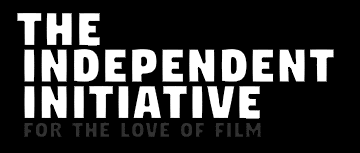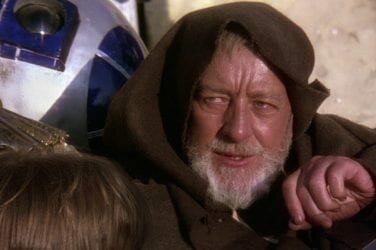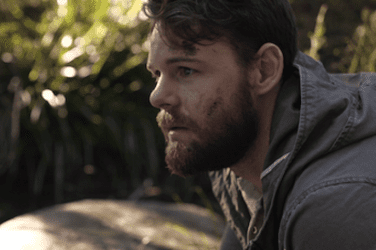You might be wondering why actors even need to worry about creating short stories. Don’t they just read a script and perform their character? Why should they need to be on the other side of the creative process?
First of all, I will answer the question right away. Let’s start with the WHY before I get into the HOW.
The reason this side of the creative spectrum is important, is so you, as an actor can have a full understanding of story. It’s also a great skill to have when you need to come up with something on the fly.
Improv is something every actor needs to be ready for, and having an understanding of the basics of story and the story structure will help you be ready at any given moment.
Writing regular short stories keeps you being creative, and after a while of exercising your story muscles, it will feel normal to come up with something on the spot. It may be hard to think up new stories after writing a few, or even just one, but like anything, the more you do it the easier it becomes.
If you are an actor reading this and aren’t quite familiar yet with the structure of a story, then read on. The basics of story really are pretty basic. A story only really needs a beginning, middle, and end.
The beginning is about no more than 20% of the story that sets up your main character’s ordinary world and what feels normal to them.
Many beginner writers love to live in their character’s ordinary world. They love to describe every single detail down to what they like eating for breakfast and why they choose to drink flat whites instead of latte’s even though they’re basically the same thing.
None of these things really matter when you’re writing a short story. All you need to do is set up the character and what matters to them the most. Anything else is pointless. At the end of the beginning (irony right there), something needs to happen that sets your character off on their journey, something that disrupts their ordinary world.
Next, we have the middle. Your character’s world has changed and because of this, they have a problem that needs solving. What will they do? How will they resolve this conflict? You have to figure that out.
Towards the end of their journey, whether it’s physical or emotional/mental, this is when the ‘final battle’ happens, when the conflict gets resolved. The end of the middle section is when they either ultimately win or fail the battle with said conflict.
At the end, the character is back in their ordinary world, but this time they’re different. Because of the conflict they had to face they’ve learnt an important lesson. They’ve grown as a character.
There you have it, the basics of story. If you can put all of this into a story, then it will be compelling. Don’t be overwhelmed with having to write a million of these. They can be simple, they can even be just one to two pages long. Don’t over complicate them.
Remember, all you need is a beginning, middle, and end, and by the end, your character should have faced some sort of conflict which causes them to grow as a person.
Writing regular short stories will get easier over time, and they can be about anything.
- A blue mug that is insecure because all his other mug friends are red. In the end, he learns to love his uniqueness.
- A child who loses his mum in the grocery store after she told him never to wander off. In the end, he learns to listen to his mother.
- A man who finds a baby on a picnic table and feels obligated to take care of it, only to find out the baby wasn’t missing, its mother was just underneath the table looking for a toy that was dropped.
I’ll give you those amazing ideas for free 😉
All of this helps you as an actor to stay creative and it will become more natural the more you do it. This is one item in an actor’s large bag of tricks you can utilise at the drop of a hat.















